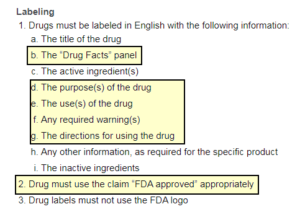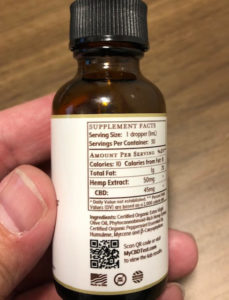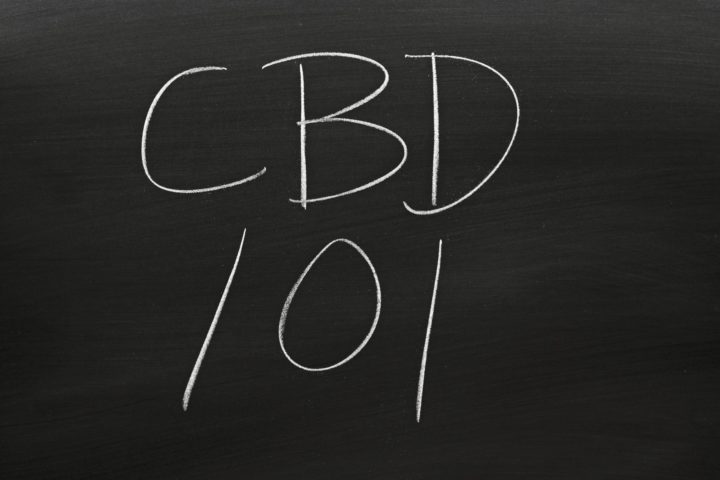I realize, it is not often you hear the words, don’t shop at Amazon, but if you are in the market for CBD and are looking for a quality CBD product, you may want to keep looking.
Most are unaware that Amazon does not sell CBD. Did you know that? If you were unaware of this, I’m not surprised. To be clear, I do not believe that Amazon is intentionally trying to deceive you. Because of a strict set of internal standards for what can be sold on their website, CBD is not allowed on Amazon in any form or fashion.
In the following article, I reveal that manufacturers are actually selling “hemp seed oil” while making it seem like you are buying CBD.
If you are visiting Amazon and purchasing hemp seed oils for its nutrient rich properties, you are in the right place.
Navigating the Amazon jungle of CBD
Navigating the Amazon jungle of CBD starts with the labeling standards for Drug and Drug Paraphernalia listed on their website. https://sellercentral.amazon.com/gp/help/external/200164490

Not surprisingly, CBD does not meet the criteria for the above highlighted items because it does not have FDA approval. Stop and think about that.
CBD is not FDA approved to treat any medical conditions or symptoms. Despite all the anecdotal evidence that pours in every day, our government agency that oversees all our prescription and over-the-counter (OTC ) drugs wants to see the proof, but only thru clinical trials and testing.
The FDA has been working towards setting up standards for this new therapy, but we think it will take years to shake out. So for the moment, we are left to wander in the void created by the FDA until they are able to make more definitive statements about this product.
In the meantime, the FDA has wielded their authority by sending cease and desist letters to those manufacturers making “false” claims about CBD. Not exactly playing hardball, but I suppose it is better than no action.
Caveat emptor
Let’s try and shed more light on the standards set by Amazon around the sales of CBD.

CBD has yet to meet the above standard, and in particular the FDA has announced that CBD infused foods and drinks are not even legal. Little has actually been done to enforce this law and it just creates more grey areas for the consumer to be confused.
Many of us can relate the feeling of spending hard-earned dollars on something that failed to meet our expectations. Feelings of regret, guilt that I did not do my research, and even the sense that I was deceived can plague us when a product or service falls short of our expectation.
Caveat emptor is the Latin term for “let the buyer beware.” This term means that the buyer assumes the risk that a product may fail to meet expectations or have defects.
As we take one last look at labeling standards for CBD on Amazon, the final blow comes from their prohibited drugs section.

The description above clearly states Amazon’s position on CBD. Buyer beware, you will not see anything listed on Amazon as “CBD Oil.”
Reiterating a point made earlier in the article, it is imperative that consumers understand, if you are purchasing hemp see oil for its nutrient rich properties, you are in the right place by visiting Amazon. If you are looking for CBD, you will need to look in other places for manufacturers you can trust, like Lifegiving Botanicals.
Where there’s a will, there’s a way
Where there’s a will, there’s a way and the way the around these restrictions is to advertise products as “Hemp Oil”, which can be a deceptive term. Hemp oil is a general term for any product derived from the Hemp plant, no matter how much CBD or other plant products are actually present. Hemp seeds and the stalk are naturally very low in CBD and do not meet the criteria of being “rich-hemp extract oil.” If you research the origin of the hemp oil for those items sold on Amazon, most will list their product as a derivative from hemp seeds, which has lots of nutritional value and is a very healthy option, but it will have little to no CBD.
Manufacturers of pure CBD products will harvest a particular strain called “phytocannabinoid rich” hemp or PCR. The form of hemp that has been harvested for 1000’s of years is not particularly high in cannabinoids but has been grown more for its fiber and other industrial uses. In order to flip this script, science has helped to create a strain that is naturally higher in phytocannabinoid properties which is what we use at Lifegiving Botanicals.
Additionally, what adds to the confusion are the way these products are advertised. The manufacturers on Amazon tout many similar benefits of their product to those made about CBD. Hemp is an amazing plant and does have such a unique blend of cannabinoids, terpenes, flavonoids and minerals that you won’t find anywhere else. But the heavy hitter of the plant is the CBD which is the key activator that makes everything work together in harmony.
Who can we trust?

There are a number of reputable CBD suppliers that are providing great, responsible products that use organic and sustainable methods to produce their crops. Lifegiving is fortunate enough to be included in this group.
When you look to Lifegiving Botanicals, you will see that our products are labeled as “Premium Hemp Extract.” Because Lifegiving Botanicals only sources the highest quality premium hemp extract, of the PCR variety, so you can get the most CBD out of our products. Additionally, we go the extra mile to provide verification through a QR Code embedded on every label specific to what is in that container.
With the QR Code, you can know without a shadow of a doubt that you are receiving the highest quality product on the market today, and also feel confident that no impurities will be found in your CBD.
The views in this document are expressly the opinion of Sean Gale, RPh, and are not meant to treat, diagnose, prevent or cure any disease states or medical conditions. Please consult your physician before beginning any CBD therapy. These statements have not been evaluated by the FDA. Buyer is to consume CBD at their own risk. You may contact me directly at [email protected].



